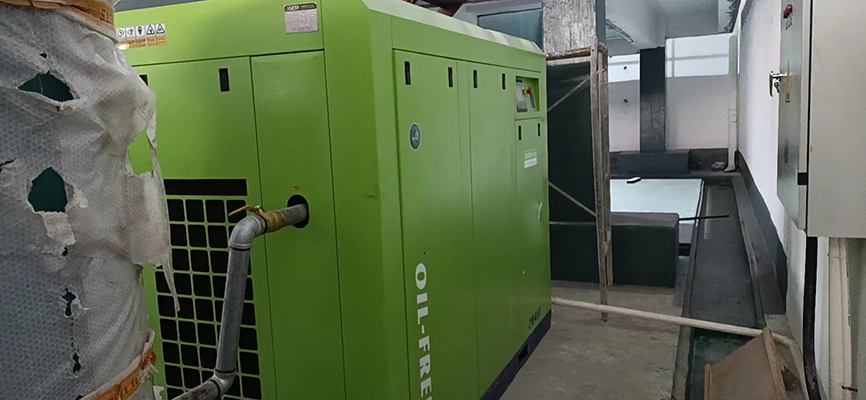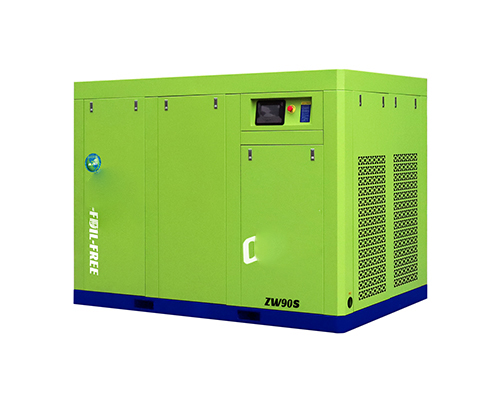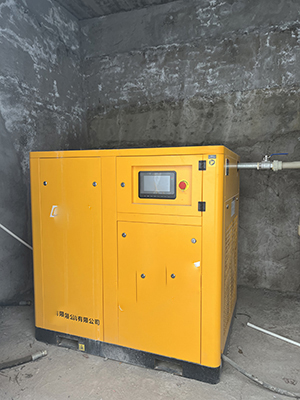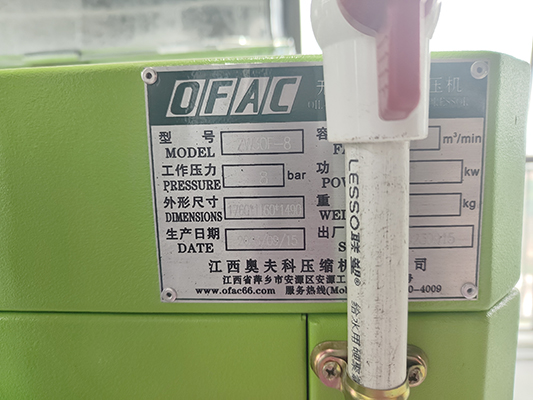low pressure air compressor use in agricultural sprayers for crop protection operations
News 2025-10-24
Low pressure air compressors are essential components in modern agricultural systems, particularly for crop protection tasks. They power sprayers that deliver pesticides, herbicides, and fungicides to crops, ensuring even coverage and efficient application. This technology supports sustainable farming by minimizing chemical runoff and optimizing resource use, which is critical for maintaining soil health and biodiversity. In crop protection operations, these compressors help farmers achieve higher yields by effectively combating pests and diseases while adhering to environmental regulations.

Application Scenarios
Low pressure air compressors find extensive use in various agricultural settings, such as vineyards, large-scale farms, and orchards. For example, in vineyards, they facilitate precise spraying to protect grapevines from fungal infections without damaging the fruit. In field crops like corn or wheat, they ensure that sprays penetrate dense canopies, targeting pests at different growth stages. This adaptability makes them vital for both smallholder and industrial-scale operations, enhancing overall crop management and yield consistency.
Performance Advantages
These compressors offer significant benefits in terms of energy efficiency and operational reliability. Operating at lower pressures reduces power consumption, leading to cost savings and a smaller carbon footprint. Their design allows for consistent air flow, which improves spray atomization and coverage uniformity, reducing the risk of over-application. In industrial processes, this reliability minimizes downtime and maintenance needs, making low pressure systems a smart choice for long-term crop protection strategies that demand precision and durability.
Frequently Asked Questions
1. What is a low pressure air compressor?
A device that compresses air to pressures under 150 psi, ideal for applications requiring gentle force like agricultural spraying.
2. How does it improve crop protection?
By enabling fine mist distribution, it ensures targeted chemical application, reducing waste and enhancing pest control effectiveness.
3. What factors should be considered when selecting one?
Key aspects include flow rate, energy efficiency, and compatibility with sprayer equipment to match specific farming needs.


